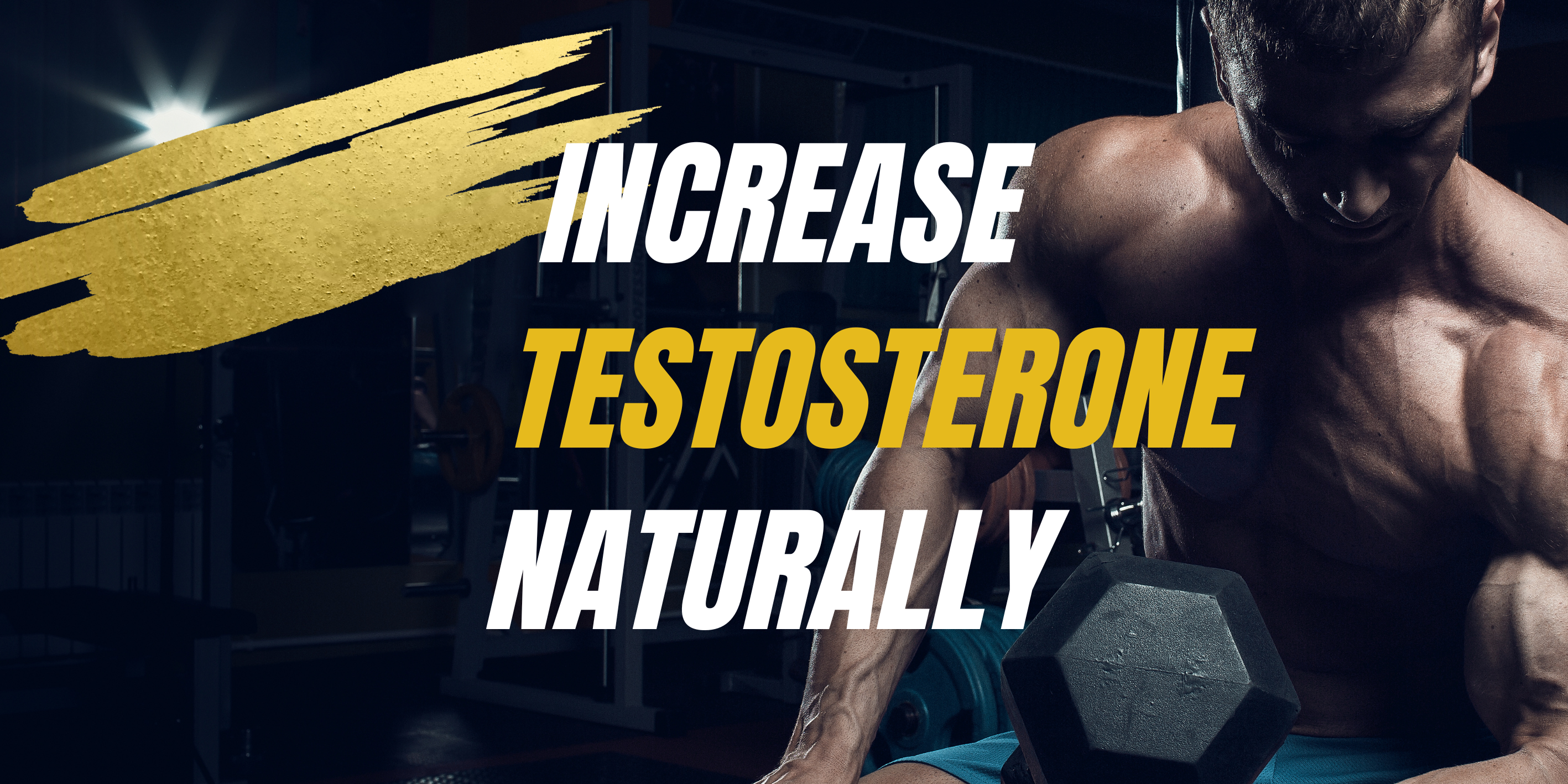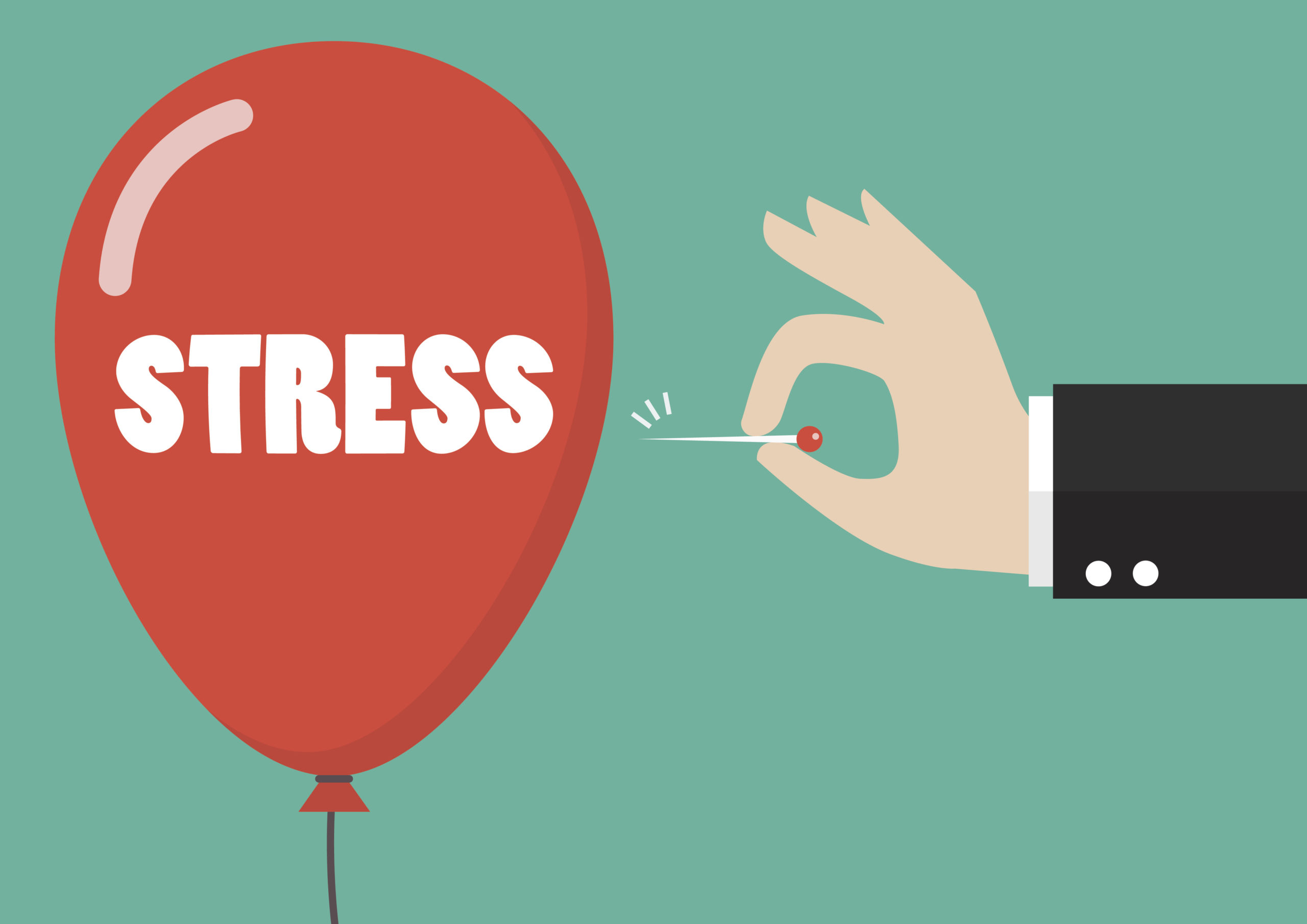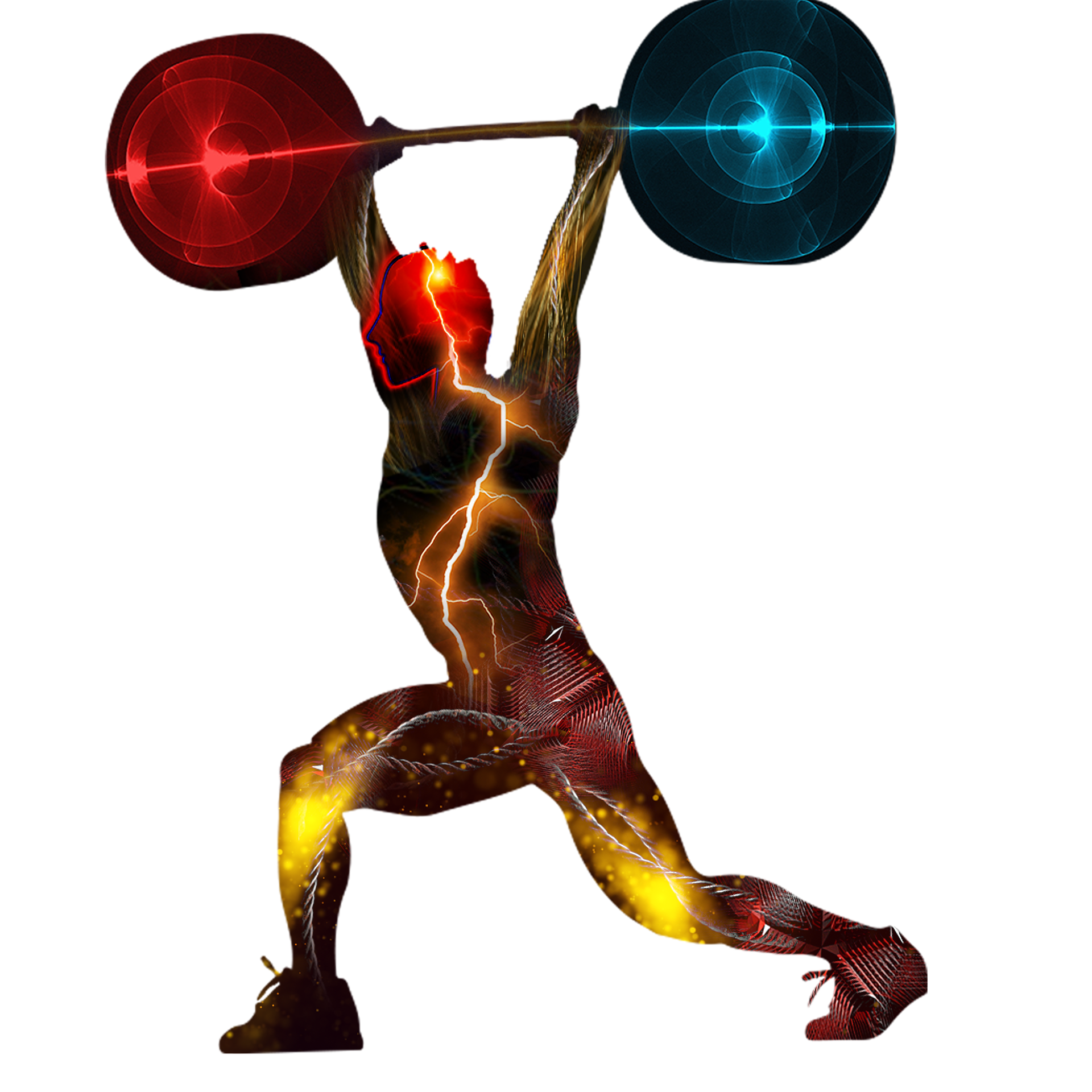
Naturally increasing testosterone levels has many different elements. There is no singular way of increasing testosterone, as there are many different components.
In this article, we will dive into some of the causes of reduction in testosterone and some of the ways you can increase your natural testosterone levels.
I first, want to share with you a story about my experience.
Recently, I have been very stressed, feeling as though I can never catch a break. It almost feels as if everything is coming at me at once. I work in a high-performance role as a Club General Manager in a very well-known fitness facility, I have a 3-year-old son who needs my attention and care, and I am also in the middle of finding a new place to live. Not to mention, the financial pressure of living costs. Whilst also trying to start up a new business which I am extremely passionate about. Sometimes it feels like you are getting nowhere and constantly fighting an uphill battle.
I personally feel very in tune with my body and I can understand when I have high cortisol levels (stress hormone). This is why I went to get a blood test to ensure that my hormones were of ordinary levels and how I could become my own case study on how to increase my levels.
During the week I was particularly stressed, I had my blood done and my results were 10.9 Nanomoles per liter of blood. A healthy level for someone my age should sit between 25-35 Nanomoles. My test was done first thing in the morning, after fasting for 12 hours prior, which naturally, my testosterone would be lower in the morning and higher at night time due to the natural cycle, but even so, due to high stress, my levels were below what is normal for someone my age, health, and activity level. (At that time).
I count myself extremely lucky and I am very grateful for all I have, but sometimes the demands of life, work, family, and physical training can get the better of any of us. However, I am not here to complain about my own stress levels, but what I want to do is give you an insight into my world to hopefully help you in yours.
When life gets in the way, stress can occur. When our bodies are stressed, we produce a hormone called cortisol. Cortisol is the body’s natural response to stress; it is actually what enables us to wake up in the morning. Cortisol has played a pivotal part in keeping human beings alive for many millions of years.
In our primal days as human beings, we were running from Saber-tooth tigers and constantly bombarded by life-or-death situations, this is why cortisol is released. Cortisol slows functions that would be non-essential or harmful in a fight-or-flight situation. This is why our testosterone levels decrease during times of stress.
What is Cortisol?
Cortisol is a steroid hormone produced by the adrenal glands, which are located on top of your kidneys. It plays several important roles in the human body, including:
- Stress Response. Cortisol is often referred to as the “stress hormone” because it is released in response to stress and helps the body prepare for a fight-or-flight response. It increases heart rate, raises blood pressure, and provides the body with extra energy.
- Metabolism. Cortisol helps regulate the metabolism of carbohydrates, fats, and proteins. It can increase blood sugar levels to provide the body with energy during stressful situations.
- Immune Function. Cortisol can have anti-inflammatory effects and suppress the immune system’s response. This can be beneficial in reducing inflammation in the short term but can have negative effects if cortisol levels are chronically elevated.
- Regulating Blood Pressure. Cortisol helps maintain blood pressure by controlling blood vessel tone.
- Aiding in Memory Formation. It can also play a role in memory formation and learning.
While cortisol is essential for these functions, too much or too little cortisol in the body can lead to health problems. Chronic stress and conditions like Cushing’s syndrome (excess cortisol) or Addison’s disease (insufficient cortisol) can have significant effects on the body’s overall health.
What is Testosterone?
Testosterone is a sex hormone that is primarily found in males, although it is also present in smaller amounts in females. It plays various important roles in the human body, including:
- Sexual Development. Testosterone is responsible for the development of male sexual characteristics during puberty, such as facial hair, a deeper voice, and increased muscle mass.
- Sperm Production. It stimulates the production of sperm in the testes.
- Muscle and Bone Health. Testosterone helps maintain muscle mass and bone density. It plays a role in muscle growth and strength.
- Libido. Testosterone is a key factor in the development of sexual desire or libido in both males and females.
- Mood and Cognitive Function. It can influence mood and cognitive abilities, and low testosterone levels have been linked to mood disturbances and cognitive changes.
- Metabolism. Testosterone can affect metabolism, including fat distribution. Low levels may contribute to increased body fat.
- Red Blood Cell Production. It stimulates the production of red blood cells in the bone marrow.
How do the two go hand in hand?
So, what did I do to combat my lower levels?
I changed my eating habits, ensured I managed my stress, took it easier at the gym, and even had a few days off to reset. I made sure to drink water and had enough sleep.
There are numerous factors that play a key role in your testosterone levels, and there is no singular reason as to why your testosterone levels are lower.
I am going to give you the groundwork on how to naturally increase your testosterone. I would advise anyone considering alternatives to testosterone production to first ensure that you are following the below methods before anything else.

How to naturally increase your testosterone:
- Reduce your stress.
- Eat healthy, enjoy a balanced diet.
- Reduce alcohol intake and cut out smoking or at least cut down.
- Get enough sleep – 7-9hrs is recommended.
- Exercise regularly, particularly weight training. Bear in mind, overtraining can cause a reduction in testosterone levels as the body is overworking to repair your muscles.
- Do activities that improve your mood – meditation, walking in nature, playing sports.
- Drink plenty of water – 3-4L per day.
- Keep your nervous system calm, meditation can aid this.
- Vitamin D, get enough sunlight, particularly first thing in the morning.
- Cold showers/cold plunges.
- Maintain a healthy weight, being overweight can cause testosterone to decrease.
- Drastic weight reduction can also decrease your testosterone levels so maintain a healthy weight at all times.
- Supplementation, such as Zinc, L-arginine, Magnesium, Ashwagandha, Protein Powder, Maca Powder, Creatine. It is important to remember when taking supplements, that improvement in testosterone is not from a dose-response to these supplements, but from continuous usage. I may also add that if your natural levels are lower, then supplementation will enable your testosterone levels to increase to their natural highest form.
For example, if your natural peak testosterone is 35 Nanomoles, adding supplements on top will not add to these natural levels, they will just enable you to maintain these naturally high levels.
While I am not a medical expert, if you are experiencing lower than the male average testosterone levels for your age, then I would recommend speaking to your healthcare professional regarding testosterone replacement therapy. This is only a recommendation and is under no circumstances advise.




